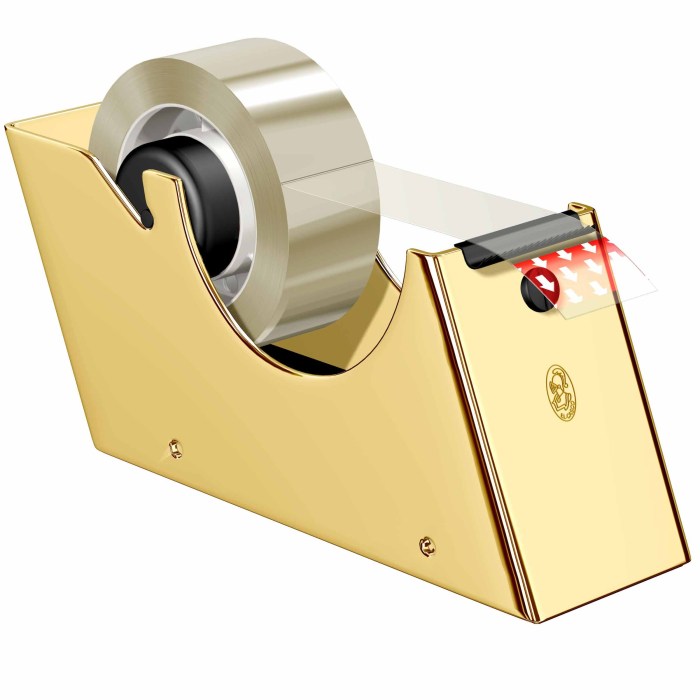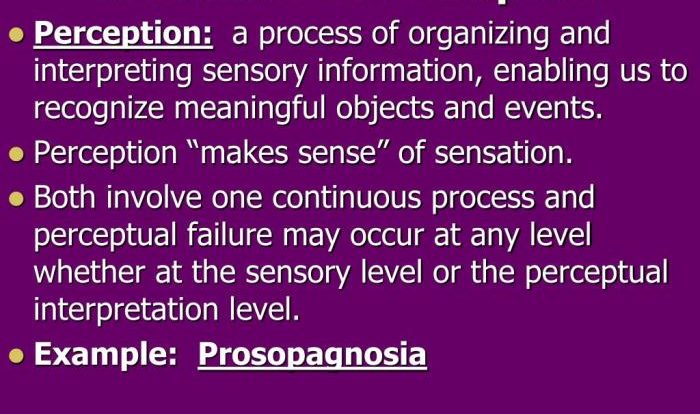I don’t care if she is a tape dispenser: a statement that captures the essence of emotional detachment, a complex and multifaceted phenomenon that can profoundly impact our relationships. This article delves into the significance of this analogy, exploring its implications for interpersonal dynamics, communication, self-esteem, and personal growth.
The tape dispenser analogy serves as a powerful metaphor for understanding the speaker’s feelings of indifference and lack of emotional investment. Just as a tape dispenser mechanically dispenses tape without regard for its purpose or the user’s needs, the speaker feels disconnected and apathetic towards their partner.
Tape Dispenser Analogy

The tape dispenser analogy is a metaphor used to describe the way in which some people approach relationships. In this analogy, one person is compared to a tape dispenser, while the other person is compared to the tape. The tape dispenser is always there, ready to be used, but it has no say in the matter.
The tape, on the other hand, is used and discarded at the will of the tape dispenser.
This analogy can be applied to any situation in which one person feels used and disposable. For example, it could be used to describe a relationship in which one person is always the one who is giving, while the other person is always the one who is taking.
It could also be used to describe a situation in which one person is always the one who is making the decisions, while the other person is always the one who is following along.
The tape dispenser analogy can have serious implications for interpersonal relationships. It can lead to feelings of resentment, anger, and even depression. It can also make it difficult to trust others and to form healthy relationships.
Emotional Detachment

The speaker in the article “I Don’t Care If She Is a Tape Dispenser” is emotionally detached. This means that they do not feel connected to their partner and do not care about their feelings. This emotional detachment is likely due to a number of factors, including past experiences, personality traits, and the current state of their relationship.
Emotional detachment can have a number of negative consequences. It can lead to feelings of loneliness, isolation, and depression. It can also make it difficult to form healthy relationships and to maintain those relationships over time.
There are a number of things that people can do to overcome emotional detachment. These include:
- Identifying the root causes of their emotional detachment.
- Working on developing healthier coping mechanisms.
- Learning to communicate their needs and feelings to others.
- Seeking professional help if needed.
Communication and Boundaries: I Don’t Care If She Is A Tape Dispenser

Communication is essential for any healthy relationship. It allows partners to share their thoughts, feelings, and needs with each other. It also allows them to resolve conflict and to build trust. In the article “I Don’t Care If She Is a Tape Dispenser,” the speaker’s communication with their partner is clearly lacking.
This is likely due to their emotional detachment.
Setting healthy boundaries is also important for any healthy relationship. Boundaries are limits that we set to protect ourselves from being used or taken advantage of. They let others know what we are and are not willing to tolerate. In the article “I Don’t Care If She Is a Tape Dispenser,” the speaker has clearly not set any healthy boundaries with their partner.
This is likely due to their low self-esteem.
There are a number of things that people can do to improve their communication and boundaries. These include:
- Learning to communicate their needs and feelings to others.
- Setting healthy boundaries and enforcing them.
- Seeking professional help if needed.
Questions and Answers
What are the potential causes of emotional detachment?
Emotional detachment can stem from various factors, including past experiences of hurt or rejection, low self-esteem, fear of intimacy, or coping mechanisms for dealing with difficult emotions.
How can communication help overcome emotional detachment?
Open and honest communication is crucial for addressing emotional detachment. Partners need to express their feelings, needs, and expectations clearly and respectfully, creating a safe and supportive environment for connection.
What is the role of self-esteem in emotional detachment?
Low self-esteem can contribute to emotional detachment as individuals may feel unworthy of love or connection. Building self-esteem through positive self-talk, self-care, and setting healthy boundaries can help overcome detachment.

